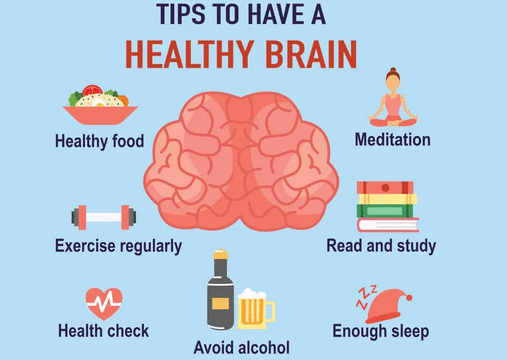Introduction
We often think that changing our bodies starts with strict diets or grueling workout routines.
But what if the most powerful transformation begins in the mind—not the gym or kitchen? For me, the shift didn’t come from a trendy fitness program or restrictive eating plan.
It came from adopting one powerful mental habit that changed the way I approached my health, my energy, and my overall well-being: curious self-awareness.
This simple shift—choosing to observe myself without judgment—became the foundation for a healthier, more sustainable relationship with my body.
What Is Curious Self-Awareness?
Curious self-awareness means observing your thoughts, feelings, and behaviors with openness and interest instead of criticism. It’s the opposite of harsh self-talk. It’s the voice that says, “That’s interesting—what’s going on here?” rather than “Why did I mess up again?” This mindset allows you to make choices based on insight, not shame. It helps you become aware of your patterns, needs, and emotional triggers without turning them into personal failures.
How This Mental Habit Changed My Body
Here’s how cultivating curious self-awareness shifted my daily experience and, ultimately, my physical well-being:
1. I Became More In Tune with My Body’s Signals
Instead of ignoring hunger or pushing through exhaustion, I started paying attention to what my body was asking for. That meant eating when I was hungry, resting when I was tired, and moving when I needed energy. As a result, I felt more balanced and less reactive.
2. I Let Go of All-or-Nothing Thinking
Curiosity allowed me to notice when perfectionism was holding me back. I stopped quitting healthy habits just because I missed a day or two. Instead, I asked, “What would it look like to continue with grace?” This helped me stay consistent without pressure.
3. I Replaced Guilt with Gentleness
On days I didn’t move much or ate more than usual, I noticed my tendency to spiral into guilt. But with curious self-awareness, I began asking, “What might I need right now?” Sometimes it was emotional support. Sometimes it was hydration. Over time, this gentler approach reduced stress—and stress, I learned, had a huge impact on how my body felt.
4. I Made Peace with My Reflection
Curiosity helped me look in the mirror with fresh eyes. Rather than focusing on flaws, I began appreciating how my body showed up for me daily. I started caring for it from a place of gratitude, not criticism. That small mental shift transformed how I carried myself—and how I felt in my skin.
Why This Mental Habit Works
Many people don’t realize how much mental stress we carry from constantly judging our bodies and choices. That stress affects everything—energy levels, motivation, sleep, digestion, and even immune function. Curious self-awareness activates a calmer state in the nervous system, promoting healing and balance. It encourages mindful decision-making and helps interrupt cycles of guilt, overcorrection, or burnout.
How to Practice Curious Self-Awareness
Start small. Try one of these techniques:
- Journal Without Judgment: Write down your thoughts about your day, food, or body with zero censorship. Observe patterns, not flaws.
- Pause Before Reacting: When you feel triggered or tempted to criticize yourself, take a breath. Ask, “What’s really going on beneath this?”
- Name Your Feelings: Instead of labeling yourself (e.g., “I’m lazy”), name the feeling (“I feel unmotivated”) and get curious about it.
- Replace Shame with Compassion: If you notice a negative thought, try: “That’s interesting—I wonder where that came from?”
Final Thoughts
No dramatic before-and-after photo could capture the real transformation that happened inside me. The biggest change wasn’t my size or shape—it was the way I saw myself. Developing a habit of curious self-awareness helped me build trust with my body, reduce stress, and make health-supportive choices from a place of care instead of control. In the end, the most powerful change wasn’t about changing my body—it was about changing how I related to it.





